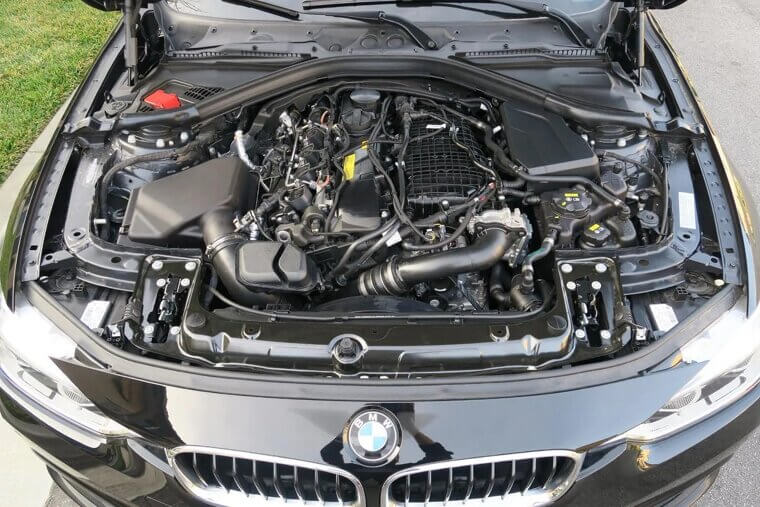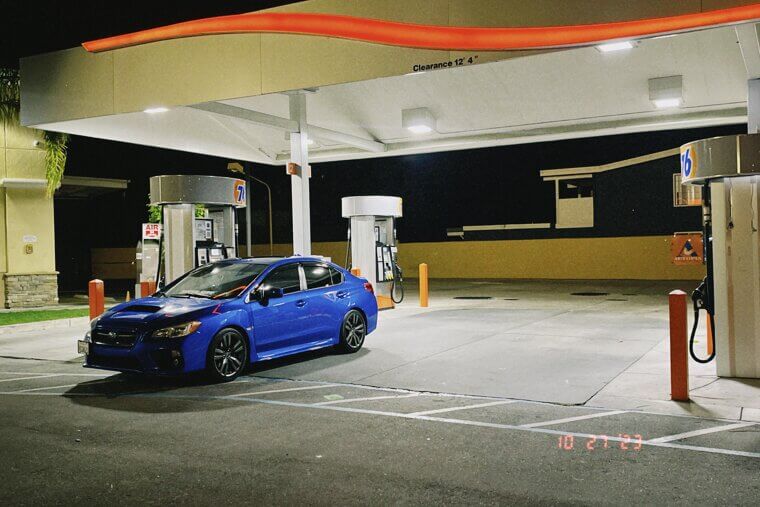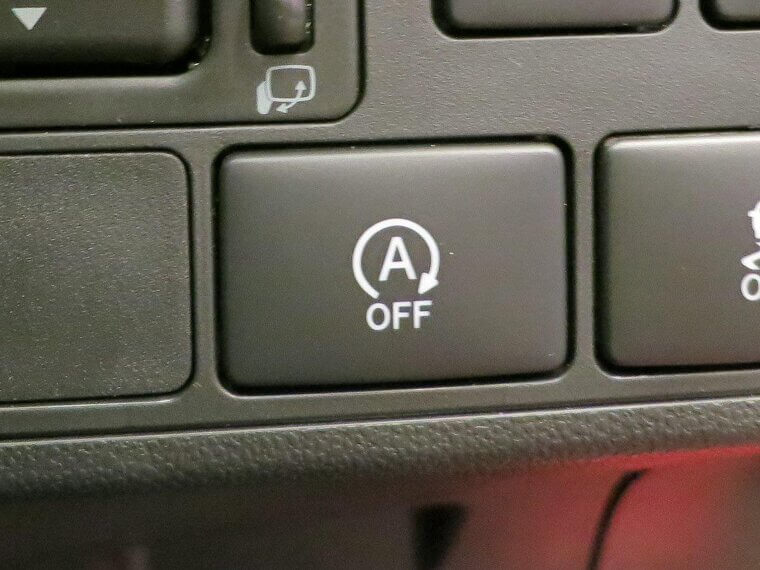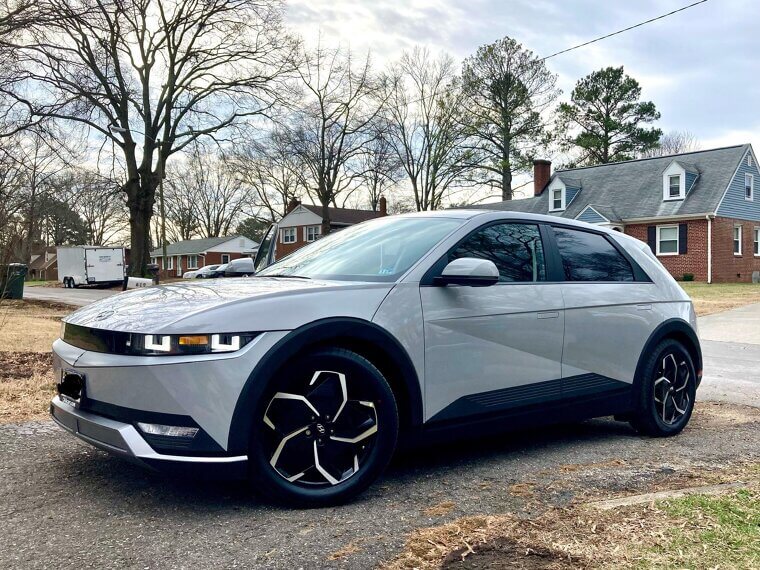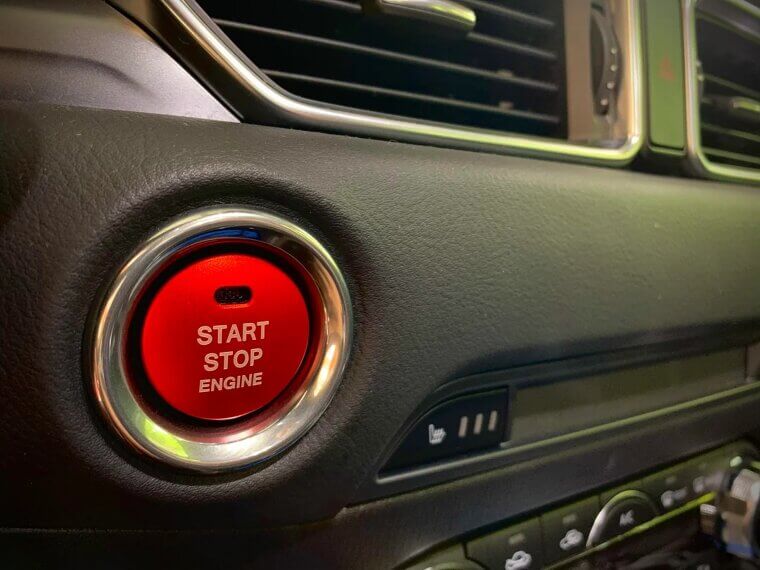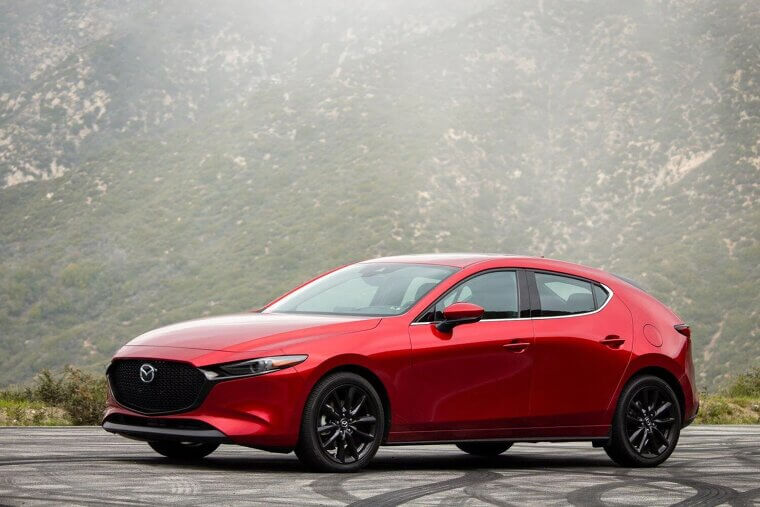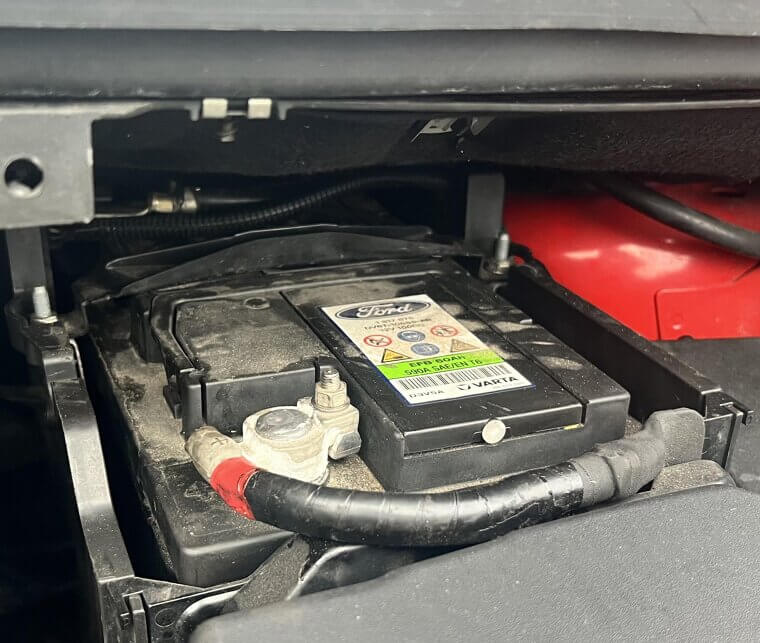Why the USA Isn't Going to Use Engine-Stop Tech at Red Lights Anymore
Engine stop/start technology was introduced for fuel savings and emissions reduction purposes. It was supposed to turn off your engine at stop lights and start it again when you accelerate. Awesome, right? Well, U.S. regulators are rethinking it. What once seemed like a no-brainer for improving efficiency is now facing scrutiny due to growing concerns from drivers and mechanics alike.
From reduced battery life to increased maintenance costs and questionable real-world benefits, the system might not be as perfect as we were led to believe.
Why We Never Liked It
Let's face it, most of us tend to groan when the engine cuts out at every stoplight. With the jerky restarts and awkward hesitations involved, the start-stop has never been popular with us folks behind the wheel. It might make sense on paper, but real-world driving tells a different story. The interruptions can feel intrusive, especially in traffic.
Over time, that irritation builds. No surprise that many drivers would rather disable the feature altogether if given the chance.
Engine Wear and Tear Is Real
You may be saving a little gas but we can bet that your starter motor is taking a turn for the worse. The constant shutting off and restarting puts additional stress on the vehicle’s components. This means more wear, more maintenance, and more time in the shop. Over time, that can add up to costly repairs that negate any fuel savings.
It’s a classic case of short-term gain, long-term pain—especially for those who rack up a lot of miles.
The Savings Aren’t Worth the Sighs
Fuel economy improvements? Marginal. Emissions reduction? Meh. The actual gains from start-stop tech are small enough to make you wonder why we bothered. When the benefit is barely noticeable and the annoyance is huge, you know something’s gotta give. Drivers are realizing that the slight increase in MPG simply doesn’t outweigh the hassle.
Especially when modern engines are already more efficient, this system feels like a minor fix for a problem that’s mostly solved.
Politics and Gas Prices
As gas prices and environmental regulations evolve, so do the priorities of lawmakers and automakers. With gas prices and electric vehicles (EVs) receiving a lot of attention right now, start-stop feels like yesterday’s solution to last decade’s problems. What once seemed like a smart middle-ground now appears outdated in a world pushing toward full electrification.
Politicians and car companies are shifting focus to bigger, bolder strategies, leaving old stop-start tech struggling to justify its place in modern cars.
Automakers Will Shift Their Focus
Start/stop technology has been an important tool for automakers to comply with fuel economy and emissions regulations while earning carbon credits. Now that they are facing the elimination of those credits, manufacturers have no choice but to re-allocate resources toward their hybrid and electric vehicle lines. The shift makes sense—why invest in outdated systems when the future clearly lies in EV innovation?
Automakers are racing to stay competitive in a market that’s demanding cleaner, more sustainable, and tech-forward solutions.
What It Means for Future Cars
Many cars running on gasoline or diesel engines will lose a critical fuel-saving feature and potentially increase emissions. We should expect many more hybrids and electric vehicles, as manufacturers will seek new innovative ways to cut carbon. Start-stop tech may soon be obsolete. This signals a larger transition in automotive priorities. Future models will focus on full electrification and smarter energy management systems.
They'll move away from patchwork fixes like engine-stop to achieve real sustainability and efficiency on the road.
Environmental Groups Are Raising Eyebrows
Some environmentalists aren’t happy. To them, any backtracking on emissions tech feels like a step in the wrong direction. Regardless of the reasons, the end of the start-stop system raises serious questions about the long-term commitment to reducing emissions. It’s not just about fuel savings — it’s about maintaining momentum toward a cleaner, more sustainable future.
Environmental advocates argue that removing even small climate solutions now could undermine broader progress and weaken efforts to meet climate goals globally.
What Consumers Really Want
Consumers are saying that they want smoother acceleration without the engine stuttering at every stop. Eliminating the start-stop systems would lead to a much smoother driving experience. That is what people want, after all. For many drivers, convenience and comfort often outweigh small fuel economy gains. Start-stop may have served a purpose once, but drivers today are more focused on refined performance, reliability, and ease of use.
Especially in urban environments where constant stopping only adds frustration without enough benefit to make it worthwhile.
Start-Stop Vs. EV: Not Even Close
Start-stop systems were a baby step toward cleaner driving and EVs are a full sprint. With zero-idle emissions and way better technology, its easy to see why regulators are pushing for EVs and people are choosing to buy them. Start-stop feels outdated in comparison. Electric vehicles offer smoother acceleration, quieter operation, and far greater efficiency.
In short, EVs don’t just reduce emissions during idling—they eliminate them altogether. That’s a huge leap forward, and it makes old stop-start systems feel like yesterday’s news.
How It Affects Driving Experience
What makes driving enjoyable? Consistency! And start-stop systems get in the way of this enjoyment. There’s the noise, halts, sluggish response times, and panic-filled moments with you wondering if your vehicle has just given up on you. It breaks the smooth rhythm most drivers crave. For people who spend a lot of time behind the wheel, that constant interruption becomes frustrating fast.
It turns routine commutes into jerky, unpredictable trips—hardly the kind of experience anyone would voluntarily sign up for.
More Work for Car Owners
Where there is more wear and tear, there is more repair. And when it’s time for maintenance, start-stop systems come with their own headaches, like special batteries and starter parts that are more expensive to fix or replace. Eliminating start-stop systems could potentially lead to fewer surprises and more peace of mind. For budget-conscious drivers, the added costs and stress of these specialized components can be a dealbreaker.
Simpler systems usually mean easier repairs, and that’s something every car owner can appreciate.



